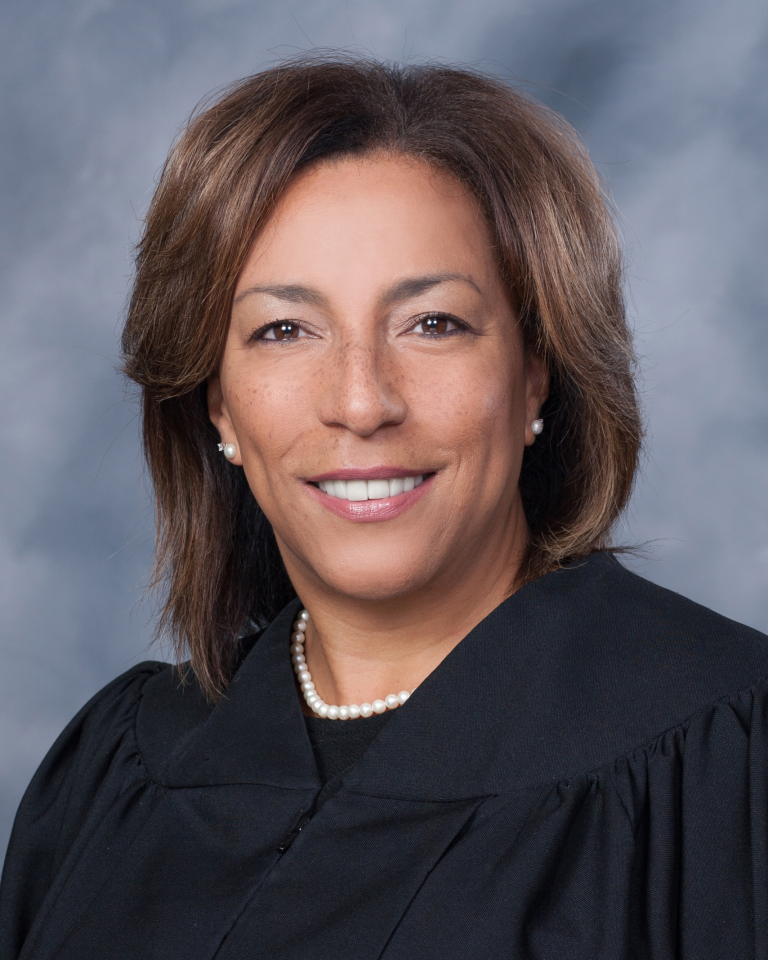
As he writes in his new book, Steve Adams was an admittedly clueless father until divorce and joint custody forced him to reassess his priorities
By Conrad Jarret
Steve Adams is a successful, hard-working, just-turned-50 real estate agent, a devoted father
of two who always makes time for his children – Rachel, a graduating college senior, and Carter,
a high school junior. But it wasn’t always this way. Only 10 years ago, he was an up-and-comer who never let his family get in the way of a business
deal, a meet-and-greet, a meal or drinks with clients. His career was rising, but his home life
was descending into shambles. “I was never there for them,” he admits. “I
missed dinners and family events. My feeling was, I was providing, and that was all that should
have mattered.”
What changed for Adams? Divorce, and the ensuing settlement battles over finances and custody. And what started out – as he now admits – as a contest simply to defeat his ex-wife in court turned into a complete transformation, a look-inthe- mirror realization that he had an obligation to these two young children (they were 11 and five at the time) that exceeded putting a roof over their heads. He saw that it was what he did beneath that roof that truly mattered. It was that classic realization: “I brought those kids into the world, they didn’t ask to be born, and they certainly didn’t ask for this divorce.”
Now, he says, “Almost everything I do is with the thought of how it’s going to affect them. You
can’t go wrong if they’re your Number One priority all the time.”
Adams didn’t give up his career, nor his will to succeed in business. Rather, he readjusted
his priorities and found structure and balance in his life. “If I had a business appointment that
coincided with Carter’s basketball game, the game took precedence every time. If there was
a parent-teacher conference scheduled on a weekday business morning, that’s where I’d be
that morning — every time.”
He also reordered his domestic priorities. He developed his cooking skills, so those weekends with the kids were not full of pizza boxes and fast-food drive-throughs. “It got so that my kids noticed when they came in the door and there wasn’t something cooking in the kitchen.” And, as he resumed dating post-divorce, “If I wasn’t certain about bringing a woman home to meet my kids, I didn’t do it. It was a litmus test, and most of those relationships failed the test.” Priorities. Structure. Balance.
The effort to rearrange his life, and the lessons he learned, are discussed in detail in his new book, “Now What? A Divorced Dad’s Guide to Parenting Excellence,”
published in 2019 by Butler Books. University of Louisville head men’s basketball
coach Chris Mack said on a cover blurb: “Steve’s book is straight from the heart, on lessons he’s
learned and applied, for helping you be the best father you can be.” Best father you can be – and, as it turned out, best parent, too.
“As I developed the thoughts that went into writing the book,” Adams says, “I realized there was much about being ‘the best father you can be’ that went beyond just the community of divorced fathers. All these thoughts and recommendations and guidelines also apply to any fathers of young children, to divorced mothers and all single-parent households and, in fact, to any parent at all.”
During the course of writing his book – which is available on Amazon, at local bookstores and ButlerBooks.com – Adams talked to educators, counselors, religious leaders, family court judges and sociologists, and he says he was alarmed by some of the things he’d heard. “I talked to Aaron Striegel, the student counselor at Trinity High School,” says Adams. “He shared with me some alarming statistics about what happens to children who grow up in turbulent households
or without a father’s presence. So many of them end up doing time.”
Adams says he was even contacted by a man who runs an addiction recovery program in Nashville. “He wanted me to come talk to his group. I don’t have the specific background issues of his attendees, but he thought my message – of changing, prioritizing and goal-setting – would resonate with them.”
Finally, Adams took aim in his book at a surprising target: Facebook. “People with issues – in their marriages, in their home lives, with their children – broadcast their intimate issues because they think they’re talking to a bunch of sympathetic ‘friends.’ They’re not really your friends; most of them probably think you’re pathetic. I always say, ‘If you think they’re your friends, see which one will respond when you have a flat tire at 3 in the morning.’ Spend all that wasted social media time and effort where it will do some real good: with your kids.”
















